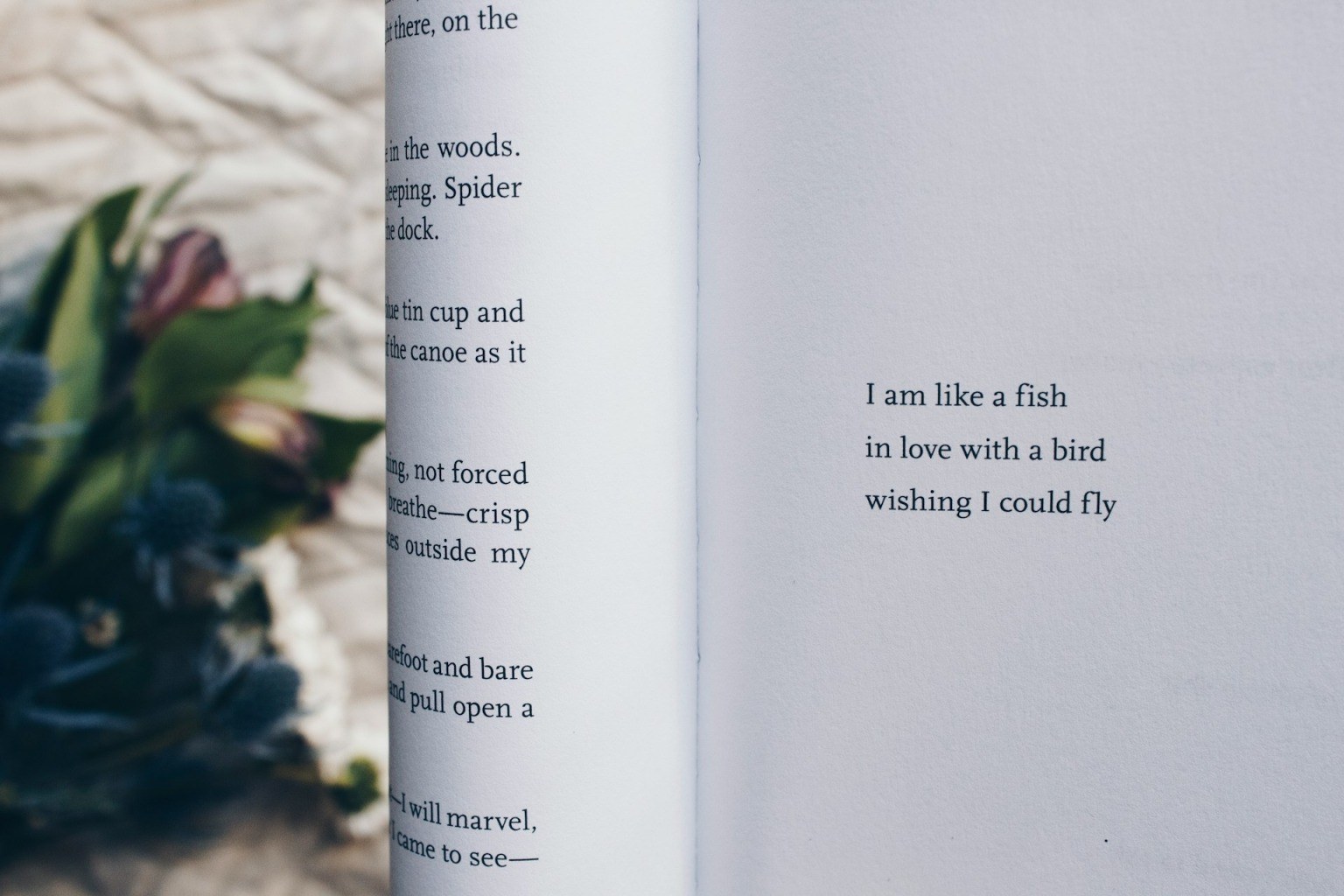
Celebrating the International Week of Science and Peace
Tatiana Charikleia Styliari

My two passions are Science and Poetry. During the daylight, I dive into the mysteries of science, training myself to comprehend them, combining pieces to make a story, to finally understand why. But at night, I travel through lyrics and rhymes into the depths of the soul and mind. Sometimes, I wear my cape of imagination and leave words on the paper -pieces again- that form a story, a feeling, an idea. For years, I thought these passions were distinct. I was trying to compartmentalize my two selves: the scientist and the poet, the rational and the fictional, the brain and the heart. Lately, I have wondered about their intersection without necessarily choosing one road instead of the other. And with some research, I was glad to find that I am not the only one.
The obvious way that the interconnection between Science and Poetry is established is in terms of science communication. Poetry is one creative tool that scientists can use in order to communicate their work in appealing ways or to enhance their own learning, as well as that of others. In addition, and I would say most importantly, scientists use lyrical expression in order to engage the audience in matters of great significance, such as the environmental crisis. For example, in this deceptively simple poem, Stults gets at some of the deepest and most complex questions of climate change: who to blame and how to move forward.
Warned, by Sylvia Stults published at familyfriendpoems.com
The sands of time have rendered fear
Blue skies on high no longer clear
Stars were bright whence they came
Now dimmed, obscured, pollution's haze
Crystal clear, our waters gleamed
Fish abundant, rivers streamed
Ocean floors sandy white
Now littered, brown, pollution's plight
Trees towered high above
Trunks baring professed love
Birds chirping from sites unseen
Gone, the paper joined pollution's team
One can't blame pollution alone
As they say, you reap what you've sown
So let us plant a better seed
Tear out old roots, cultivate, weed
Protect what has been given for free
Our waters, skies, wildlife and trees
For once they're gone, don't you say
Consider yourself warned of that fatal day
I will admit it: this is my favorite kind! Using scientific facts or tips, definitions and theorems (yes theorems!) in order to express a greater idea or feeling. I love the contradiction that comes with it: science, an established and concrete truth, embedded within an abstract context in order to deliver ambiguous meanings. The poem below will give you an idea of what I mean, written by one of my favorite poets, the scientist Miroslav Holub.
Wings, by Miroslav Holub - Poems Before & After, published by Bloodaxe Books, Ltd. Copyright © 2006
We have
a map of the Universe
for microbes,
a map of a microbe
for the Universe.
We have
a Grand Master of chess
made of electronic valves.
But above all
we have
the ability
to sort peas,
to cup water in our hands,
to seek
the right screw
under the sofa
for hours
This
gives us
wings.
Most of the time, poetry serves as a getaway from our daily routine or even ourselves. It takes some distance to bring us closer to what we actually need, what we get strength from, what inspires us. To understand why we are here and where we are heading to? Marie Curie seems to have known better.
Untitled by Marie Curie (1892) - Madame Curie (Curie, È. and Giustiniani, M., 1938, p. 225). Paris: Gallimard. The poem was written in Polish and translated into English by Ève Curie.
Ah! how harshly the youth of the student passes,
While all around her, with passions ever fresh,
Other youths search eagerly for easy pleasures!
And yet in solitude
She lives, obscure and blessed,
For in her cell she finds the ardor
That makes her heart immense.
But the blessed time is effaced.
She must leave the land of Science
To go out and struggle for her bread
On the gray roads of life.
Often and often then, her weary spirit
Returns beneath the roofs
To the corner ever dear to her heart
Where silent labor dwelled
And where a world of memory rested.

Tatiana Charikleia Styliari

Dorothea Maneta

Christina Seventikidou

Alexandra Bekiaridou